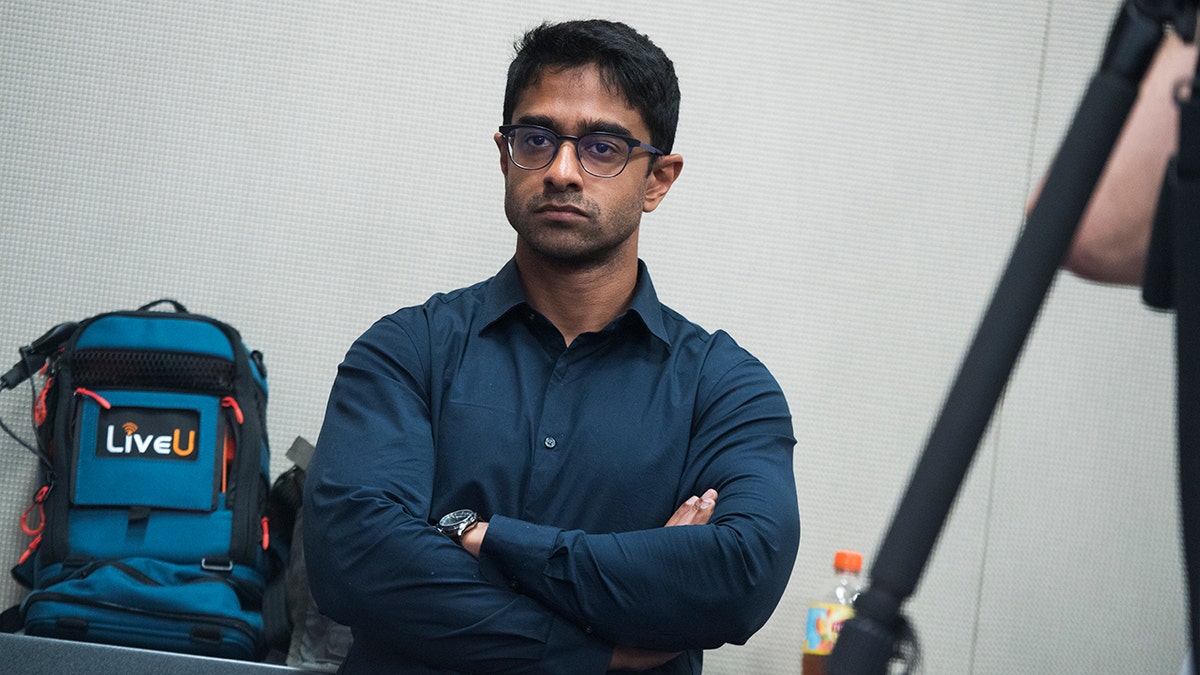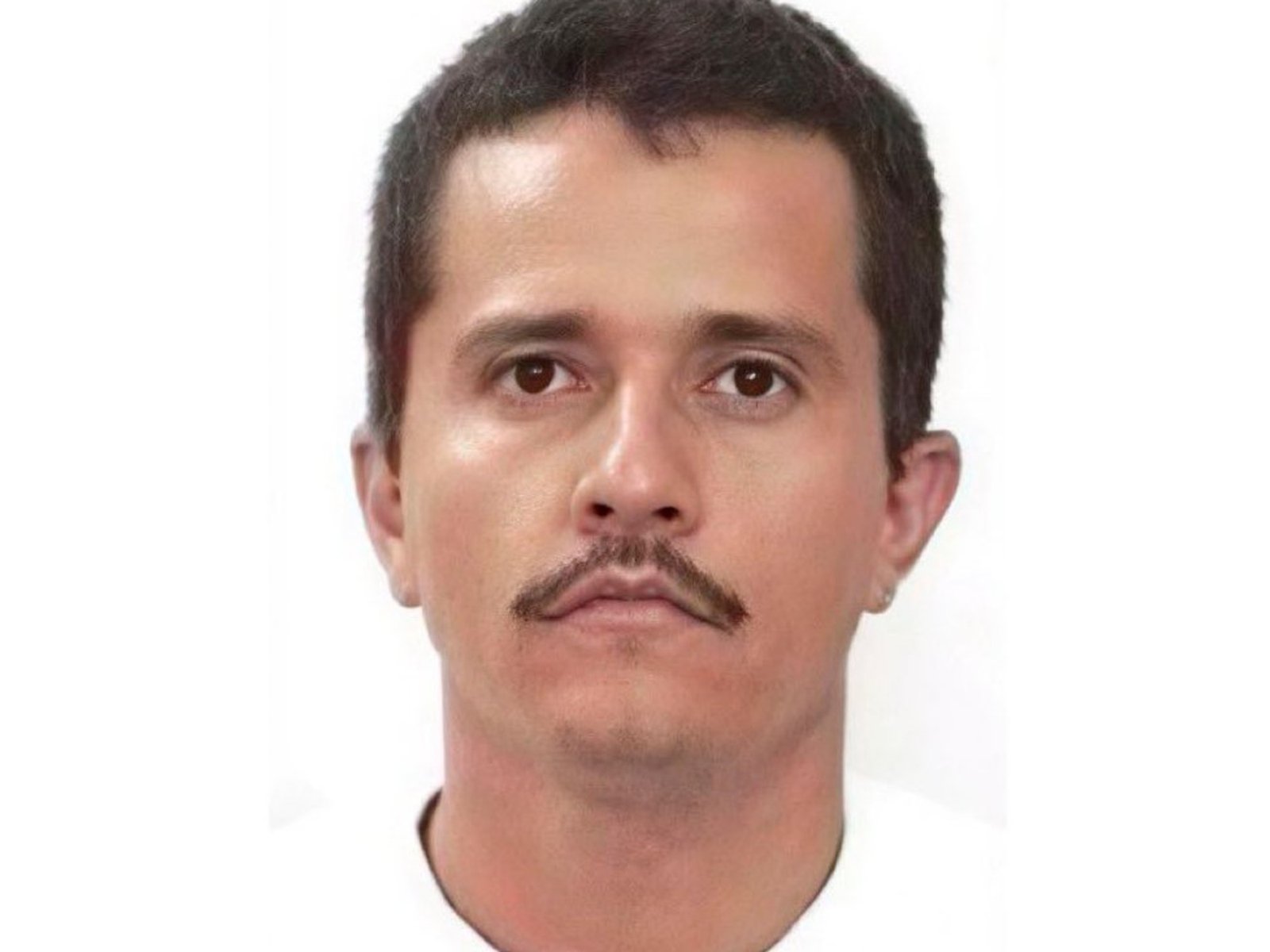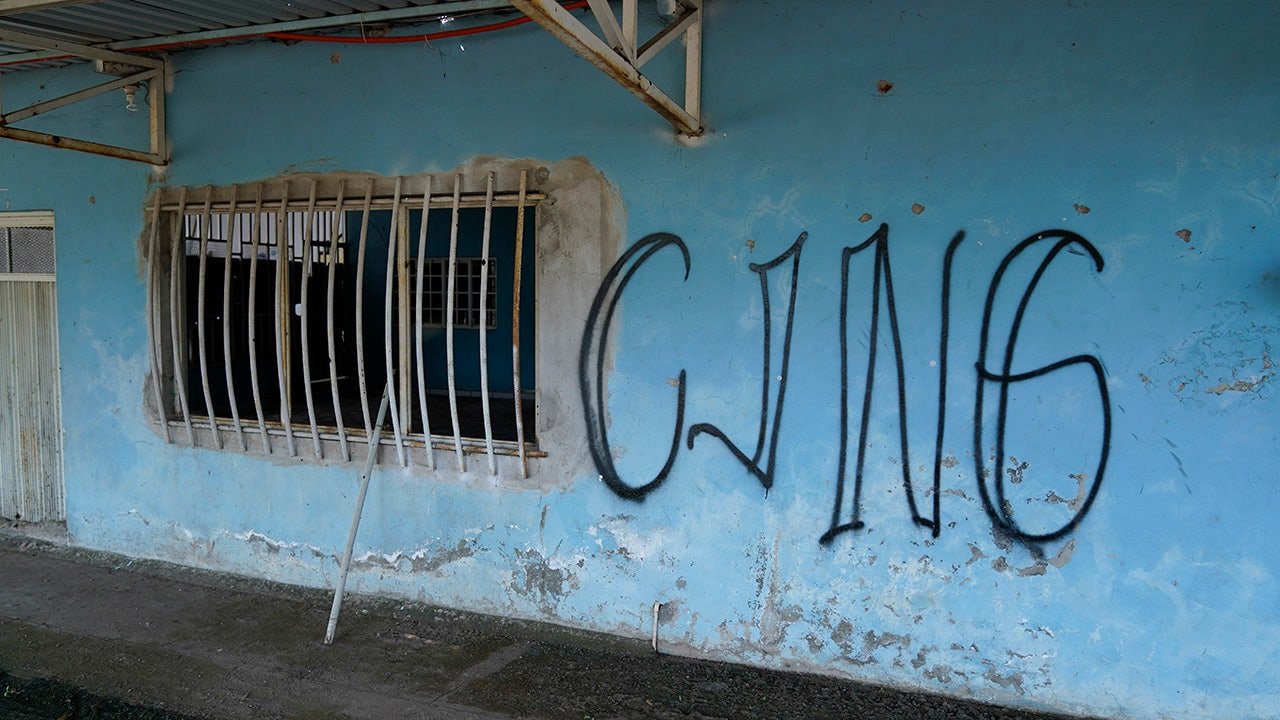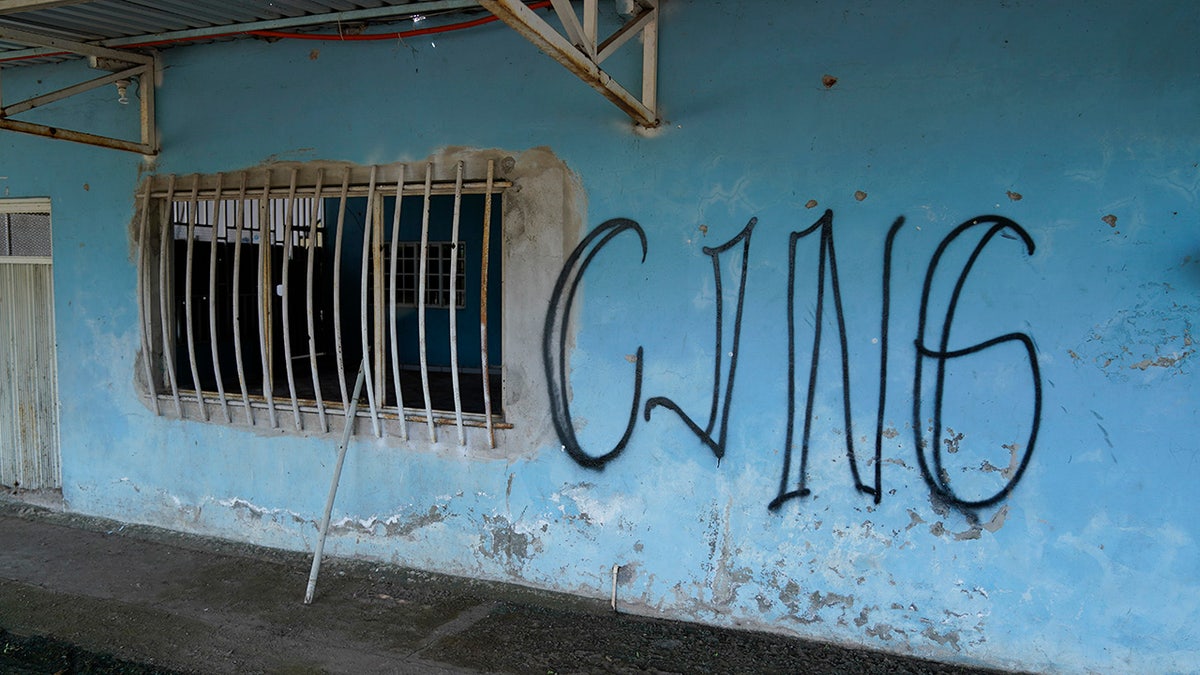INTERNACIONAL
Former Democrat Hill staffers challenge the aging establishment in Congress: report

With Republicans firmly in control of Washington following the 2024 elections and President Trump implementing his second-term agenda, Democrats find themselves not just out of power but at odds over what the party stands for.
A new wave of candidates has emerged: not from outside the political system, but from within the Democratic establishment itself.
According to Roll Call, at least four former Democratic congressional staffers are now running against long-serving members of their own party.
These challengers say they were motivated by frustration with the Democratic leadership’s lack of direction, ineffective communication, and failure to respond to Trump’s political momentum.
JEFFRIES DISTANCES HIMSELF FROM DEMOCRAT TRIPS TO EL SALVADOR AS BORDER SECURITY DEBATE SPLITS PARTY: REPORT
Jake Rakov, a former deputy communications director for Rep. Brad Sherman, is running to unseat his onetime boss in California’s 32nd District. (Photo courtesy of campaign) (Courtesy of Rakov campaign)
Each of these candidates brings a unique perspective, but all share a common theme: the belief that the Democratic Party is no longer equipped to meet the moment.
Saikat Chakrabarti, the 32-year-old former chief of staff to Rep. Alexandria Ocasio-Cortez, is taking on one of the most iconic figures in the Democratic Party: former Speaker Nancy Pelosi. Pelosi, who has not yet confirmed if she will seek a 20th term, faces increasing calls for generational change within her solidly blue district.
Chakrabarti told Roll Call that he was disillusioned by what he saw in Democrat leadership. «The main thing my time in Washington taught me is that the current Democratic Party and its leaders are not at all prepared for what is going on right now,» he said.
Instead of taking on Trump strategically, he said, Democratic leadership was more concerned with bureaucratic details than national messaging.
DAVID HOGG CLASHES WITH AN IRATE JAMES CARVILLE OVER DEMOCRATIC PRIMARY PLAN, CALLS ON HIM TO ‘WIN ELECTIONS’

Saikat Chakrabarti, chief of staff for Rep. Alexandria Ocasio-Cortez, D-N.Y., attends a news conference in the Capitol Visitor Center where freshman House Democrats responded to negative comments by President Trump that were directed them on Monday, July 15, 2019. (Tom Williams/CQ Roll Call)
«The party thinks their main job is fundraising all day, and not fixing real problems for voters,» he added.
Jake Rakov, a 33-year-old former deputy communications director for Rep. Brad Sherman, is now running against his former boss in California’s San Fernando Valley. Sherman, who has served in Congress since 1997, is among the more senior Democrats now facing internal challenges.
Rakov said he decided to run after witnessing what he described as an outdated and ineffective approach to politics. «Looking after Trump won again and seeing [Sherman] use the exact same talking points that I helped draft for him back in 2017… he was still doing the same outdated things,» Rakov said. «He hasn’t been able to adapt.»
Sherman, for his part, dismissed the challenge, telling Roll Call that «nobody who’s actually involved in the civic affairs of my district runs against me,» suggesting Rakov lacks a connection to the community.

Jason Friedman, a former intern for Sen. Dick Durbin, is running for Congress in Illinois and challenging Rep. Danny Davis in the 2026 Democratic primary. (Photo courtesy of campaign)
In Illinois, 51-year-old Jason Friedman, once an intern for Sen. Dick Durbin, is now running to replace longtime Rep. Danny K. Davis, who at 83 is one of the oldest members of the House.
Davis has not yet announced whether he will run for a 16th term.
Though Friedman declined to be interviewed, he issued a statement warning about threats to democracy and economic stability from Trump and Elon Musk. His decision to run highlights growing restlessness even in safely blue districts like Davis’s, where younger candidates are eager to offer a new direction.
While most of the former staffers are challenging Democrats, Jordan Wood is taking on a well-established Republican: Sen. Susan Collins of Maine.
Wood, previously chief of staff to former Rep. Katie Porter, is entering a tough race in a purple state where Collins has consistently won reelection.
Wood’s message echoes that of his fellow challengers: frustration with political stagnation and a desire to bring in new leadership. «I’m tired of waiting for the same establishment politicians to fix these problems,» Wood told Roll Call, citing concerns about affordability and economic pressure on working families.
These challengers reflect a broader generational divide within the Democratic Party. Roll Call reports that they are all under 40, except for Friedman, who at 51 is still younger than the House’s median age of 57.
While their targets vary, their critiques are consistent: long-serving Democrats are not communicating effectively, not organizing nationally, and not offering solutions that resonate with frustrated voters.
Chakrabarti and Rakov both criticized the Democratic strategy of focusing solely on local races while the GOP builds a cohesive national message. «We need a national message; that’s the way to defeat the far right,» Chakrabarti said.
«I don’t think Democratic leaders like Pelosi believe it is possible to improve Americans’ lives that dramatically, so we don’t even try.»
While Republicans continue to refine their national messaging and build momentum under President Trump’s leadership, Democrats are facing a credibility crisis within their own ranks.
CLICK HERE TO GET THE FOX NEWS APP
These former insiders challenging sitting members aren’t merely a flash in the pan for 2026’s early campaign cycle. They’re a sign of a party deeply unsure of how to respond to conservative policy gains, economic concerns, and a rejuvenated Republican base.
Politics,Congress,House Of Representatives,House of Representatives Democrats
INTERNACIONAL
La muerte de “El Mencho”: cómo colaboró Estados Unidos con México para eliminar al capo narco

INTERNACIONAL
Cartels outgun police: Rocket launchers seized in El Mencho raid spotlight CJNG firepower

NEWYou can now listen to Fox News articles!
Mexican forces seized rocket launchers capable of shooting down aircraft during the operation Sunday that killed cartel boss Ruben «Nemesio» Oseguera Cervantes, known as «El Mencho,» underscoring how the Mexican Jalisco New Generation Cartel (CJNG) amassed military-style firepower over the years.
Authorities have previously linked CJNG to a 2015 attack in Jalisco in which cartel gunmen used rocket-propelled grenades to bring down a Mexican military helicopter – one of the starkest examples of a cartel directly engaging federal forces with battlefield-grade weapons.
The assault marked a turning point in how Mexican authorities viewed the group’s capabilities.
During Sunday’s raid, officials said security forces were attacked and returned fire, deploying aircraft and specialized units to carry out the operation. Authorities said troops seized armored vehicles and heavy weapons, equipment more commonly associated with armed conflict than routine law enforcement.
TOURISTS IN MEXICAN SEASIDE CITY TOLD TO STAY ON RESORT AS GOVERNMENT WARNS OF ‘CLASHES’
Ruben «Nemesio» Oseguera Cervantes, known as «El Mencho,» was killed during a Mexican operation in Jalisco on Sunday. (Drug Enforcement Administration)
Mexican Special Forces, with aircraft assistance from the Air Force and National Guard rapid-reaction units, participated in the mission, highlighting the scale of force required to confront senior cartel leadership.
Former U.S. officials have described CJNG as operating more like a paramilitary organization than a traditional trafficking ring, using coordinated roadblocks, armed convoys and structured enforcement wings to assert control in contested regions.
In prior reporting, former Drug Enforcement Administration officials said the group commanded large numbers of gunmen and organized itself in a way that allowed it to deploy force quickly and visibly.
JUSTICE DEPARTMENT UNSEALS MULTI-STATE INDICTMENTS AGAINST TREN DE ARAGUA LEADERS FOR VIOLENT CRIMES

CJNG is known for its paramilitary-style operations and structure. (Eduardo Verdugo, File/AP Photo)
CJNG’s tactics have included seizing vehicles and staging coordinated attacks in urban areas to demonstrate strength and deter rivals or security forces.
Over time, such displays reinforced its reputation as one of Mexico’s most heavily armed criminal organizations.
ALLEGED SINALOA CARTEL FENTANYL PRODUCER CHARGED IN NEWLY UNSEALED FEDERAL INDICTMENT

Smoke rises into the sky over Puerto Vallarta during an operation targeting cartel activity on Feb. 22, 2026. (Obtained by Fox News Digital)
The State Department issued a travel alert Sunday urging Americans in multiple Mexican states to shelter in place due to «ongoing security operations and related road blockages and criminal activity,» reflecting the instability that can follow major cartel confrontations.
In recent years, Mexican authorities have increasingly relied on military forces – rather than local police – to confront senior cartel figures as groups like CJNG expanded their reach and arsenals.
CLICK HERE TO DOWNLOAD THE FOX NEWS APP
The raid that killed «El Mencho» marked not only the removal of a powerful drug lord but also another example of how heavily armed cartels can challenge state forces in direct confrontations.
location mexico,mexican cartel violence,narco terror,military
INTERNACIONAL
El narcotráfico dio una brutal muestra de poder de fuego ante el cambio de estrategia del gobierno mexicano

La violencia desatada tras la muerte del líder del Cartel de Jalisco Nueva Generación (CJNG), Nemesio Oseguera Cervantes, alias “El Mencho”, dejó al descubierto no solo el poder de fuego que maneja el narcotráfico en México, sino también un cambio evidente de la estrategia del gobierno en el combate contra el crimen organizado.
No fue un hecho sorpresivo. El narco domina vastas regiones donde impera su ley. Incluso, en muchos estados se convirtió en un importante empleador e impulsor de las economías locales en base a su connivencia y control del poder político y judicial.
Leé también: Nahuel Gallo exige asistencia consular y la visita de la Cruz Roja para levantar la huelga de hambre
Con 175.000 “soldados”, es hoy la quinta fuerza empleadora más grande del país, detrás de Fomento Económico Mexicano (la empresa embotelladora más grande de Coca-Cola en el mundo), Walmart, Manpower y América Móvil. Está por delante hasta de la petrolera estatal Pemex y el poderoso Grupo Salinas.
En ese escenario, el Cartel Jalisco Nueva Generación es uno de los más poderosos y violentos.
El académico mexicano Rafael Prieto Curial, investigador del Centro de Ciencias de la Complejidad, con sede en Viena, dijo a TN que el Cartel de Jalisco Nueva Generación tiene hoy 25.000 miembros.
La presión de Donald Trump y el cambio de estrategia de Claudia Sheinbaum
Algo cambió en México tras la asunción de Donald Trump hace un año. La presión ejercida por el presidente estadounidense sobre el gobierno de la izquierdista Claudia Sheinbaum derivó en un palpable cambio de estrategia en el combate al tráfico de drogas.
Hace seis años, las fuerzas federales mexicanas detuvieron y enseguida liberaron a Ovidio Guzmán, hijo de Joaquín “El Chapo” Guzmán, líder histórico del Cartel de Sinaloa, hoy sentenciado y detenido en una cárcel de máxima seguridad en Estados Unidos.
La presidenta de México, Claudia Sheinbaum (Foto: EFE)
Entonces, el gobierno del presidente Andrés Manuel López Obrador reconoció que habían liberado al hijo de El Chapo para evitar un baño de sangre.
Hoy, la estrategia es otra. El gobierno sabía que la muerte de El Mencho iba a derivar en una ola de caos y violencia como la que se vivió el domingo en vastas zonas de Jalisco, incluso en el turístico balneario de Puerto Vallarta.
Leé también: El mensaje de la presidenta de México tras la muerte del líder del Cártel de Jalisco: “Mantenernos en calma”
“Por presión de Estados Unidos, pareciera que se está cambiando la estrategia del gobierno respecto al narco. Esto hubiera sido impensable hace 10 años. El caso emblemático fue el de Ovidio Guzmán, detenido y liberado para evitar el caos que vemos hoy. Es una visión totalmente distinta”, dijo a TN el exdiputado Fernando Rodríguez Doval, ex secretario nacional del Partido Acción Nacional (PAN, derecha).
Para el dirigente, esta nueva táctica “puede acarrear rupturas en el seno del gobierno”.
“Pareciera que esta captura y abatimiento es respuesta a las presiones de Trump, Eso está cada vez más claro. Fue un operativo conjunto. Habrá que ver hasta dónde abarcó la cooperación. Si solo fue una colaboración de inteligencia o hubo algo más. Pero es evidente que fue una acción coordinada con el gobierno de Estados Unidos”, afirmó.
El poder del narcotráfico en México
El poder del narco mexicano ha crecido en forma exponencial en los últimos años.
Los carteles manejan ejércitos propios con un poder de fuego brutal que quedó plasmado en la ola de incendios de vehículos, cortes de rutas y tiroteos que siguieron a la muerte de El Mencho.

Un policía observa un vehículo calcinado que fue incendiado en una carretera de Guadalajara, Jalisco, México, el domingo 22 de febrero de 2026, tras la muerte del líder del Cártel Jalisco Nueva Generación, Nemesio Rubén Oseguera Cervantes, conocido como «El Mencho». (Foto AP/Alejandra Leyva)
“Su muerte derivó en el despliegue en alrededor de 10 estados de muchísima fuerza narco. Esto nos habla de la enorme fuerza del crimen organizado y la debilidad dramática del Estado a pesar del éxito del operativo”, dijo Rodríguez Doval.
Para el exlegislador, el narco creció de la mano de su connivencia con el poder político. “Eso le ha permitido crecer mucho, conquistando espacios cada vez más fuertes y dominar buena parte del territorio nacional”.
El poder es tan omnipresente que el tráfico de drogas es hoy solo una parte del negocio.
“Hoy se dedican a todo tipo de actividades. Antes eran solo las drogas, pero ahora se han diversificado con ´nuevos mercados´. Se dedican al tráfico de personas, el robo de autos, el cobro de extorsiones, el secuestro, venta de gasolina, peaje. Lo que vemos es una industria criminal presente en muchos ámbitos económicos», afirmó.
La sucesión en el Cartel de Jalisco Nueva Generación
En su diálogo con TN, Rafael Prieto Curial dijo que el abatimiento de El Mencho genera tres sensaciones diferentes.
“Por un lado, era el líder de uno de los carteles mas importantes del mundo, sanguinario, violento y con muchísimo poder en todos los estados del país. Su caída es algo bueno”, dijo.
Pero al mismo tiempo genera la reacción del cartel con “víctimas secundarias, pánico en la sociedad y acostumbrarse a que México es este país” dominado en vastas zonas por organizaciones criminales.
Finalmente, ahora se abre un panorama de enorme incertidumbre por la sucesión del poder en el grupo. “Si el cartel se fragmenta en más de una facción, como ocurrió con el de Sinaloa, podría terminar en una violencia terrible como sucede hoy en ese estado”, indicó.
“Pero si una persona distinta ocupa el lugar de El Mencho, el impacto es nulo. El cartel tiene mas o menos 25.000 miembros. Si pierde a uno, aunque sea el más importante, solo es uno. No estamos viendo a los otros 25.000 que siguen siendo parte del grupo. Lo feo es pensar que aquí termina la política de seguridad”, concluyó.
México, Narcotráfico

 ECONOMIA2 días ago
ECONOMIA2 días agoVillarruel cuestionó la apertura de importaciones: «Sin industria, se pasa a depender de China»

 POLITICA2 días ago
POLITICA2 días ago“Ahora es la hora de jugarse”: el mensaje de Patricia Bullrich a los empresarios tras aprobarse la reforma laboral

 ECONOMIA1 día ago
ECONOMIA1 día agoSegún un especialista, el precio de la carne se mantendrá alto “entre dos y tres años”



























